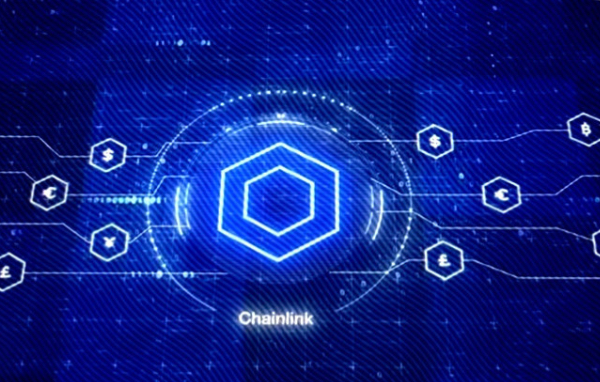World Challenge Game integrates Chainlink VRF for tamper-proof randomness in NFTs.
Fusion of digital and physical gameplay in World Challenge Game’s hybrid experience.
Chainlink VRF was chosen for secure and verifiable random number generation.
In a momentous stride, World Challenge Game has seamlessly integrated Chainlink Verifiable Random Function (VRF) on the Polygon mainnet. By harnessing the prowess of this industry-leading decentralized oracle network, they have unlocked an unparalleled source of tamper-proof and auditable randomness. Consequently, a thrilling and transparent user experience unfolds, where participants possess cryptographically verifiable guarantees surrounding the NFT minting process’s inherent randomness.
Fusing strategic gameplay and general knowledge trivia, the World Challenge Game offers an exceptional blend of digital and physical engagement. The game’s physical board version can be procured online or from retail outlets. Moreover, it caters to enthusiasts who relish traditional tabletop experiences. Simultaneously, a mobile app hosts the digital iteration, immersing players in riveting matches against global adversaries.
To infuse the “genetics” of their inaugural NFT collection with randomness, a secure random number generator (RNG) accessible for independent scrutiny was imperative for the World Challenge Game.
However, ensuring the integrity of RNG solutions for smart contracts mandates accurate security measures. Blockchain-derived RNG solutions like block hash fall prey to manipulation by miners, while off-chain alternatives from external APIs need more transparency and furnish users with definitive proof.
In light of an exhaustive evaluation, World Challenge Game’s discerning eye settled upon Chainlink VRF, lauding its foundation in pioneering academic research backed by a time-tested oracle network. Crucially, the generation and on-chain verification of cryptographic proofs substantiates the integrity of each random number injected into smart contracts.
CEO Bogdan Tapu Praises Chainlink VRF’s Provably Fair Randomness
The mechanics of Chainlink VRF reveal a captivating process. Unbeknownst at the time of the request, block data merges ingeniously with the pre-committed private key of the oracle node, ushering forth both a random number and a cryptographic proof. Consequently, the World Challenge Game smart contract only validates random number inputs accompanied by valid cryptographic proofs, thus affirming the tamper-proof nature of the VRF process.
This revolutionary implementation empowers users with automated and on-chain verifiable guarantees, instilling unwavering confidence in the fairness of the genetic randomness encapsulated within each NFT. Importantly, this bolsters trust by mitigating any suspicion of tampering, be it by the oracle, external entities, or the World Challenge Game team.
Bogdan Tapu, the visionary CEO of World Challenge Game, extols the virtues of Chainlink VRF, recognizing its provision of a cryptographically secure and provable mechanism to embed tamper-proof randomness within their NFTs. This pivotal selection bolsters their adherence to the Web3 ethos, bolstering user trust in their remarkable collection.
The integration of Chainlink VRF heralds a landmark moment for World Challenge Game, catapulting them to the vanguard of innovation in the hybrid board game landscape. Empowered by this state-of-the-art technology, they have unfurled a new epoch of fairness and transparency within NFT character genetics.

